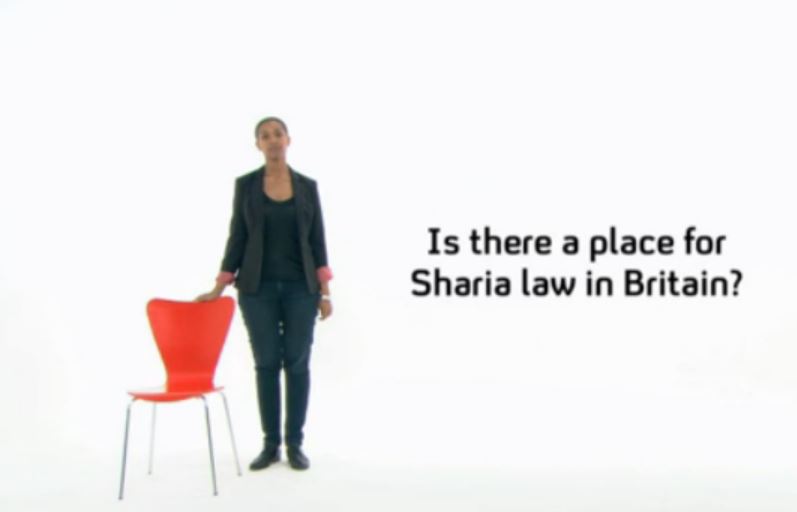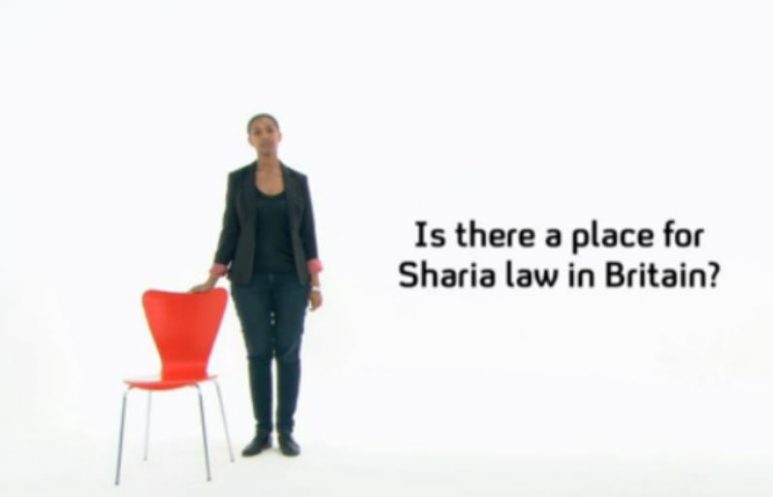Published: 30 August 2013
Region: Worldwide
by Aidan White


It’s an issue well understood by Nahla Mahmoud, a media spokesperson for an organisation of secular former Muslims in Britain. She has been the target of a vicious campaign by religious extremists after she provided an interview on Sharia Law for Channel 4 television.
Now there are concerns for her safety and that of her family in Sudan where unethical and partisan media have generated a hate campaign against her.
Behind the action is Salah Al Bandar, a Liberal Democrat activist who is a director at the Sudan Civic Foundation in the UK. Bandar has attempted to silence her with a series of online threats and articles accusing her of wanting to “start a battle against Islam” and he has successfully recruited some willing journalists to his cause.
The full story is told by British campaigners who are calling for the UK authorities to protect Nahla. They say that the media across all platforms in Sudan have been instrumental in creating a dangerous atmosphere which threatens her life and the lives of her family. Her younger brother has been physically attacked in Sudan and her mother seriously threatened.
This case highlights how in an age of religious intolerance the right to be secular is as fragile as the right to practice a minority faith and why media must avoid becoming foot soldiers in the campaigns of extremists.
Russia: Widespread prejudice instead of public debate
But it’s not easy when unscrupulous politicians are stirring up public opinion against any minority group. In Russia, for instance, journalists covering gay rights or wider LGBT issues are now under fierce scrutiny in a new wave of hatred generated by social conservatives and religious bigots.

The law, which bans “propaganda of nontraditional sexual relations around minors,” is a particular challenge of journalism and to media because it bars public discussion of gay rights and relationships anywhere children might hear it — and has been condemned by Russian and international rights groups as highly discriminatory.
The challenge is not just to national media, but also to local media. In St. Petersburg, for instance, politician Vitaly Milonov has implemented a local, earlier version of the propaganda law in his city.
Human rights campaigners rightly worry that the new law will worsen homophobia in Russia because it sets a limit to people’s rights to free expression and will encourage discrimination against Russia’s LGBT community. These fears are well founded given the rising number of attacks on Russia gay rights activists.
The strength of political prejudice in this area is daunting – the Russian lower house of parliament passed the new law with a vote of 436 in favor and 0 against. Maria Kozlovskaya, a lawyer who works with Russia’s LGBT community, noted that in a poll conducted last year more than one in ten of approximately 900 Russian LGBT people interviewed, said they had been physically attacked at least once in the previous year. A recent Pew poll determined that only 16 percent of Russians think homosexuality is acceptable, a level of acceptance that has fallen since 2007.
The impact of the law on the work of journalists is easy to imagine – media will be encouraged to toe a political line that foments discrimination and the absence of independent and impartial reporting will make it well-nigh impossible to launch a rational public debate to eliminate widespread prejudice against gay people.
All of this points towards a level of social conservatism and political opportunism that is testing for journalists seeking to maintain ethical balance and respect for human rights.
It’s a challenge made even more difficult at a time when they report on these issues they may provoke unwelcome audience participation in the news process – through online comments on published articles and video that are designed to stir up hatred and bigotry.
In recent weeks the problem of safe and appropriate use of the Internet and social networks has been making headlines following death and rape threats to UK politician Stella Creasy and feminist campaigner Caroline Criado-Perez who stirred up a storm by simply supporting women who highlight online abuse.
The focus of this has been on the role of Twitter, but as the Ethical Journalism Network reports it has led major media in the United States and elsewhere – including the Huffington Post – to block all anonymous comments, with a potentially chilling effect on the rights of vulnerable people to protect their anonymity.
The work of journalists is getting much harder as hatred in the community over the rights of minorities and vulnerable groups intensifies and it is not likely get easier while bigoted politicians and groups with no sense of digital citizenship continue to dominate the news agenda.

